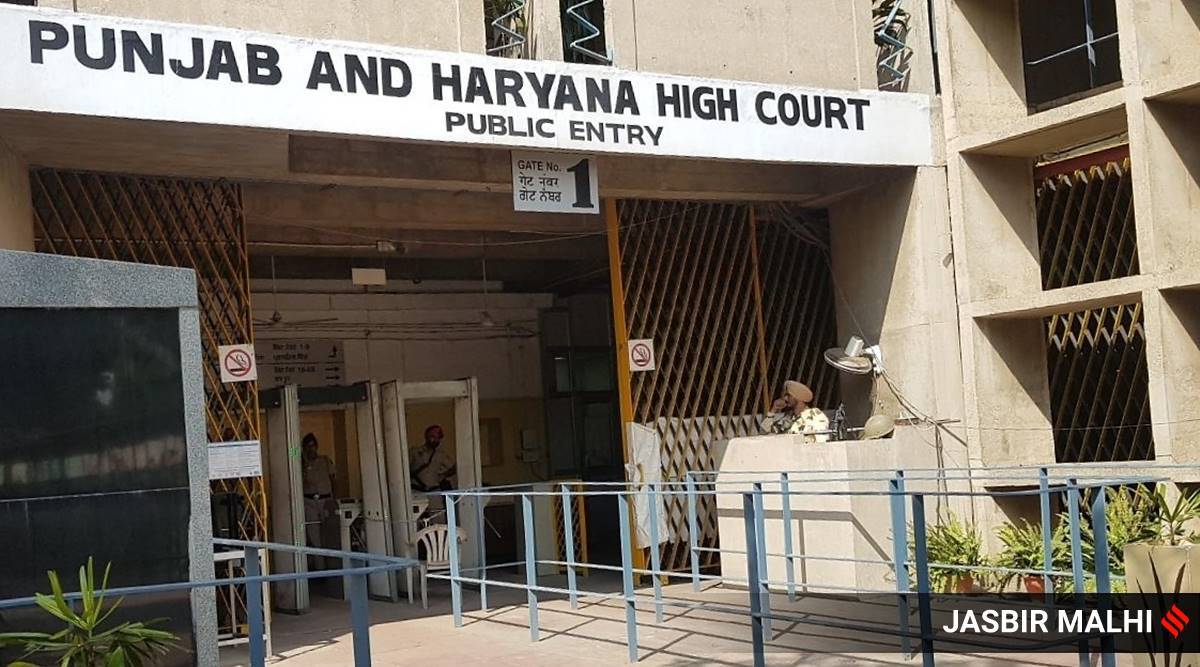The Punjab and Haryana High Court has once again imposed penalties on NIPER Mohali and the Department of Pharmaceuticals, Union of India, for their persistent delays in addressing the petition filed by Dr. Animesh Roy, a former scientist at NIPER Mohali. On March 18, 2025, the court levied a fine of Rs. 50,000 while hearing Dr. Roy’s long-standing plea for the establishment of a Tribunal of Arbitration to address his grievances.
Dr. Animesh Roy’s legal battle began after he was expelled from NIPER Mohali due to actions taken by two former professors, Dr. Uttam Chand Banerjee and Dr. Saranjit Singh. Dr. Roy had previously raised concerns about Dr. Banerjee using his research work in publications without proper credit. After five years of struggle, Dr. Roy was reinstated at NIPER Mohali, yet his request for an independent Tribunal of Arbitration, as mandated under Clause 30 of the NIPER Act, remained ignored.

Under the NIPER Act, 1998, any contractual dispute between the Institute and its employees must be referred to a Tribunal of Arbitration upon request. The Tribunal should consist of one member appointed by the Institute, one member nominated by the employee, and an Umpire appointed by the Visitor (the President of India). The Tribunal’s decision is final and cannot be challenged in court.
Despite these clear provisions, neither NIPER Mohali nor the Department of Pharmaceuticals has taken action on Dr. Roy’s request for over five years. Frustrated by the inaction, Dr. Roy was forced to approach the High Court in 2021 (CWP-2101-2021). However, even the court proceedings have been subject to unnecessary delays.
The case saw significant delays from NIPER Mohali. It took nearly four years for the institute to file its written statement, leading to an earlier fine of Rs. 5,000 imposed by the court in its order dated November 14, 2024. The court directed NIPER to deposit this amount within two weeks or face an additional penalty of Rs. 20,000 to be paid to the Poor Patient Welfare Fund at PGIMER, Chandigarh.
Meanwhile, the Department of Pharmaceuticals/Union of India also failed to submit its reply despite the case pending for four years. When its counsel sought yet another extension, the court noted that no valid explanation had been provided for the prolonged delay.

Acknowledging the persistent negligence, the High Court imposed an additional cost of Rs. 50,000 on the Department of Pharmaceuticals, to be deposited with the Poor Patient Welfare Fund, PGIMER, Chandigarh. The court set the next hearing date for July 8, 2025, and issued a stern warning—if the Department of Pharmaceuticals fails to file its response by then, an officer of at least Additional Secretary rank from the concerned Ministry must appear in court to explain the reasons for the continued non-compliance.
The case of Dr. Animesh Roy highlights systemic delays and bureaucratic inefficiencies in addressing employee grievances at NIPER Mohali. Despite the legal framework provided by the NIPER Act, authorities have failed to implement its provisions, forcing affected individuals into prolonged legal battles. The High Court’s repeated intervention and financial penalties serve as a wake-up call for institutions to adhere to legal obligations and act promptly.
With the next hearing set for July, all eyes will be on whether the authorities comply with the court’s directives or continue to delay justice.






